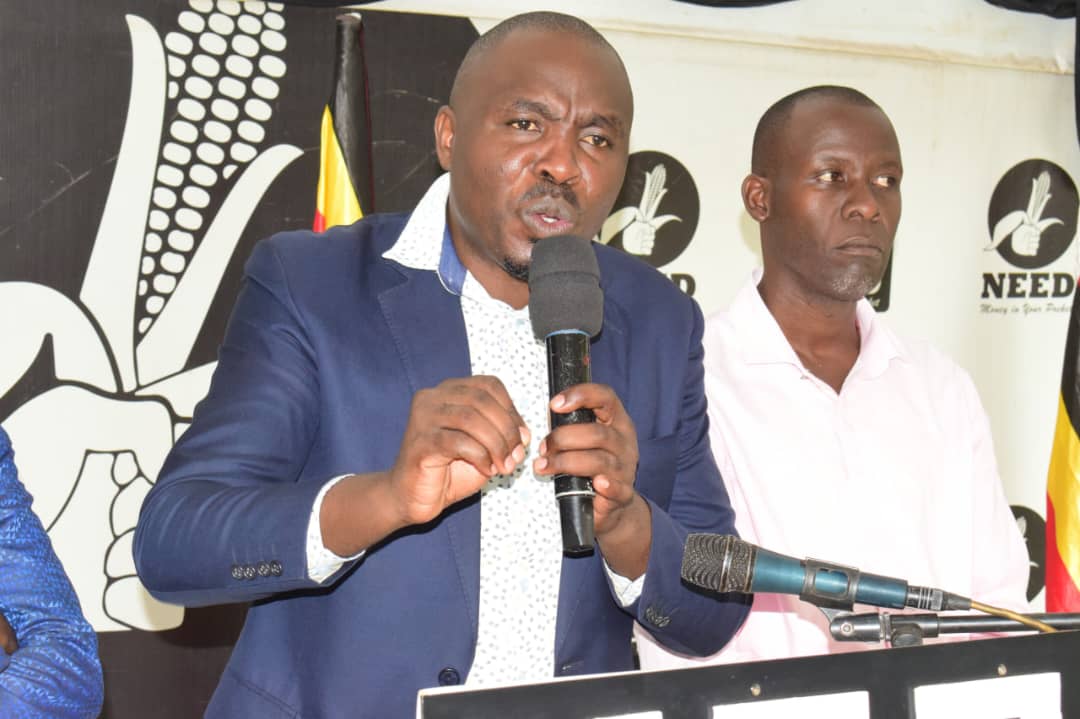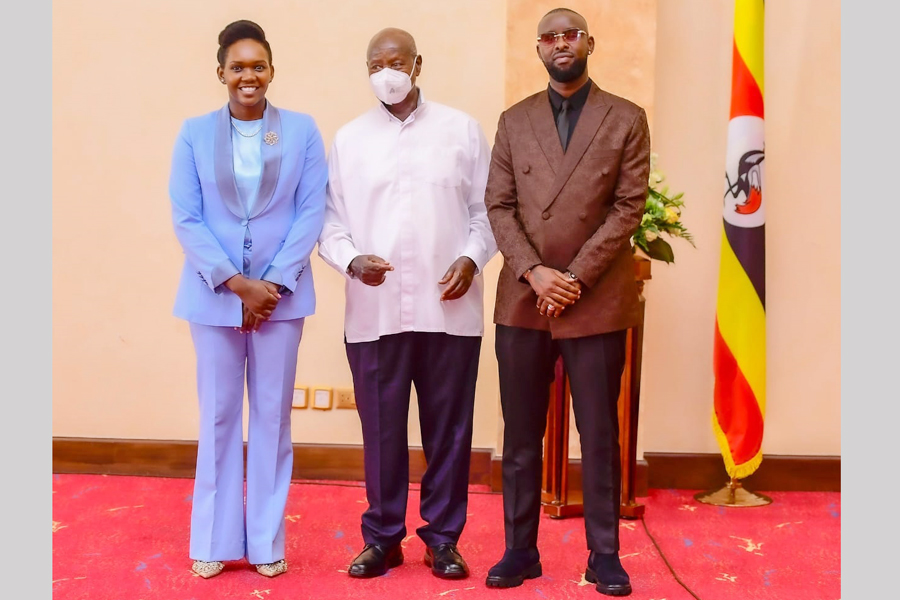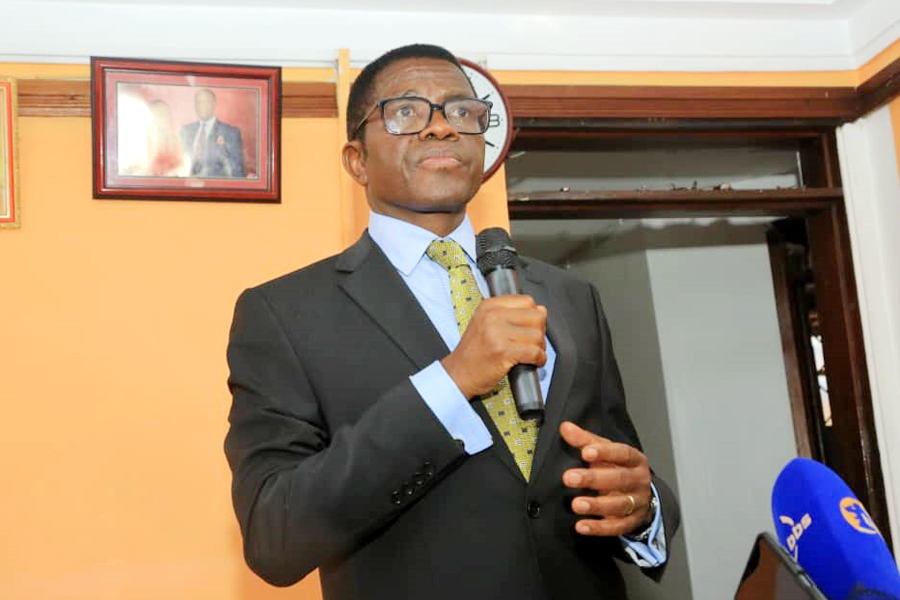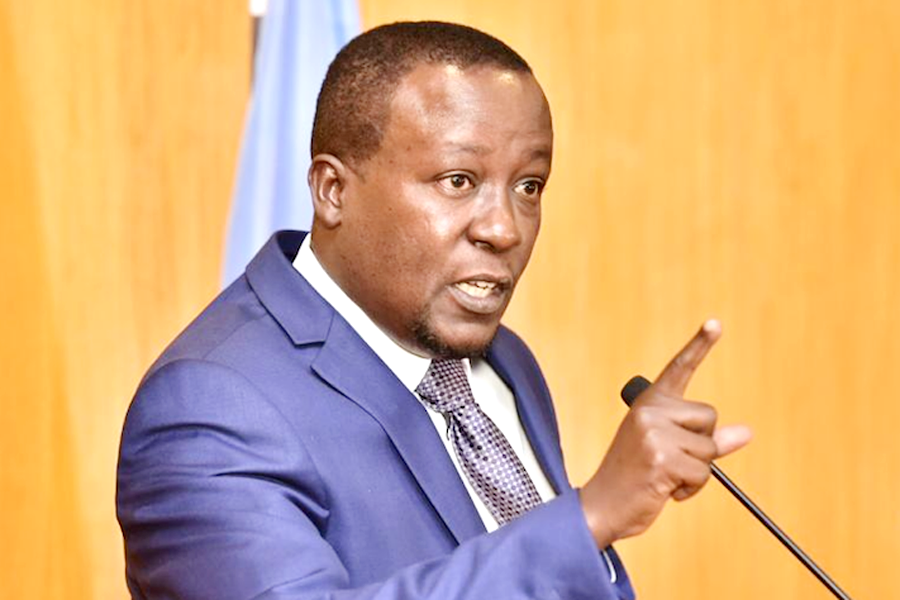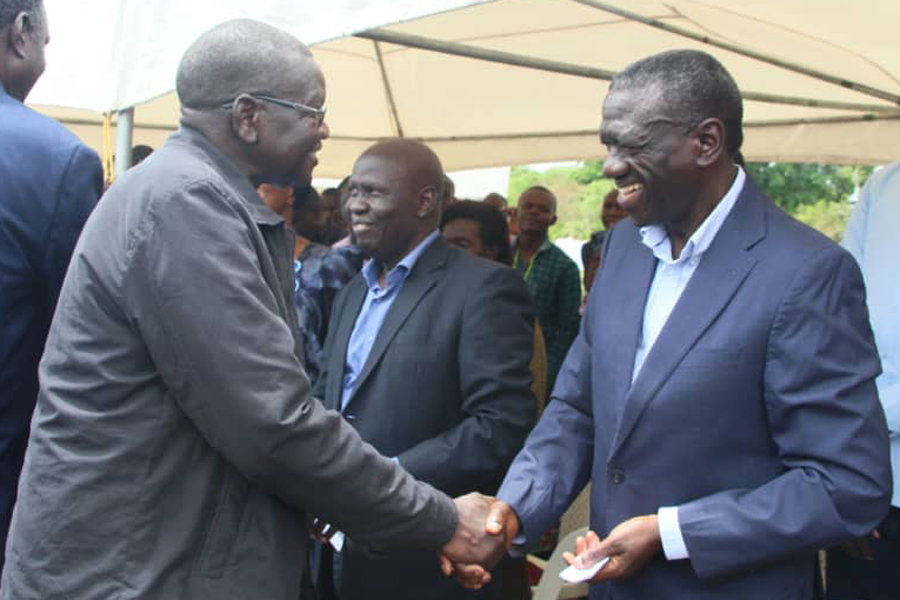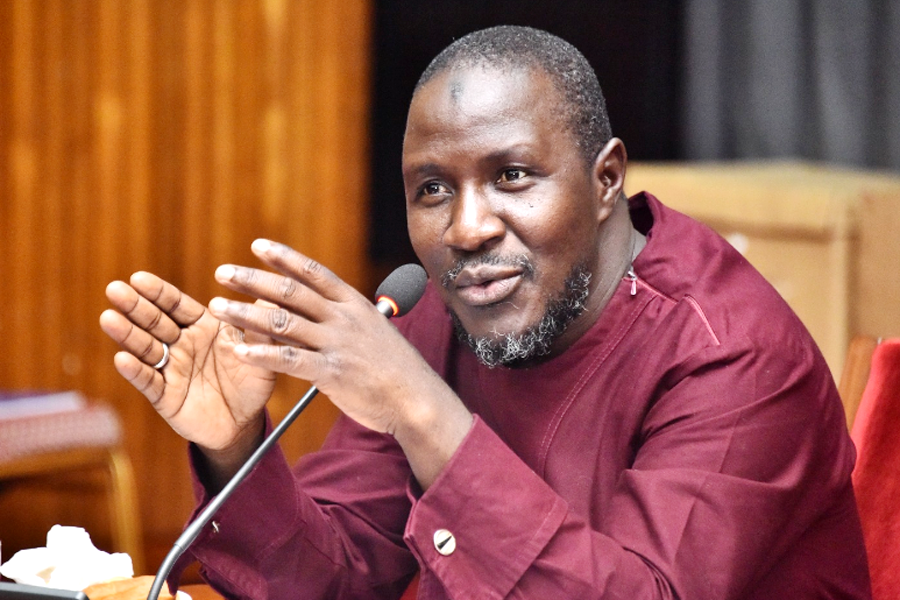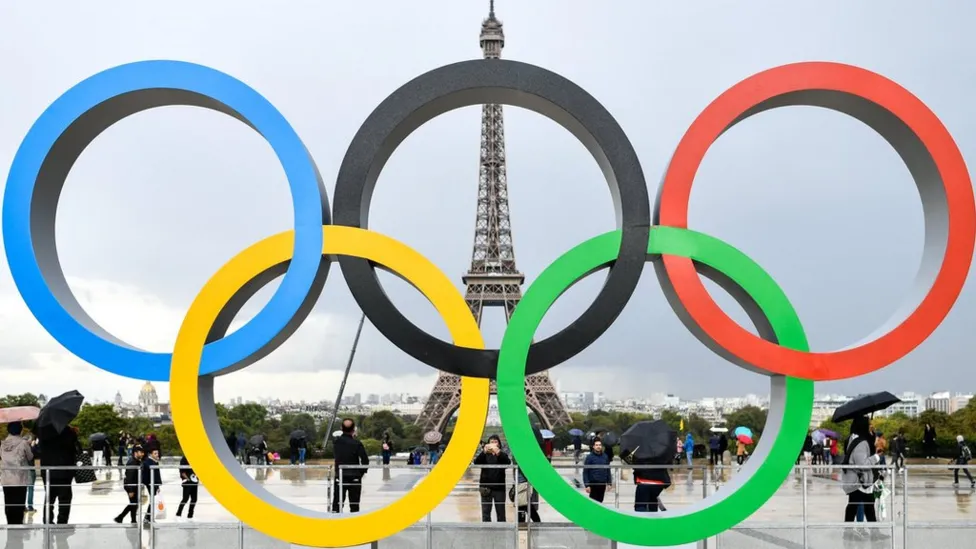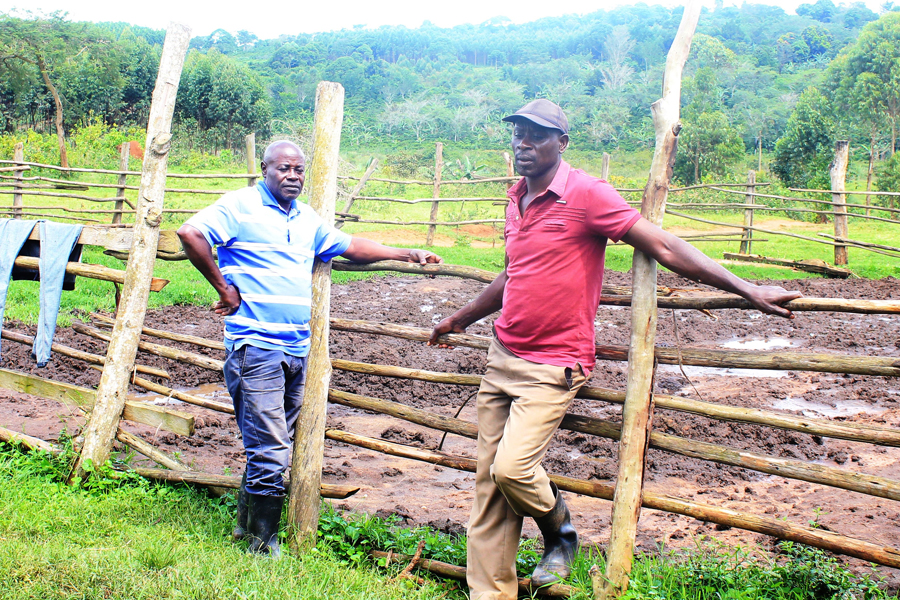OTT and mobile money taxes have exposed our MPs
The debate on the recently introduced taxes on what was dubbed “Over the Top” (OTT) social media services and on mobile money has been extremely interesting.
How a traditionally business application like Skype (which is not necessarily a widely used app) would be bundled up with a predominantly social application like WhatsApp is baffling.
It is oversights this trivial that make one wonder how seriously we take the law-making process in this country.
Keep Reading
Will the taxes finally deliver the first world status? Have we made any strides in accounting for public funds?
Emotive tirades have been generously exchanged at different tiers of the conversation on these taxes.
The state wields the power to force compliance but must balance this with its populist appeal to the disgruntled voters.
Opponents to the taxes have managed a spirited media onslaught in a difficult terrain. Both sides have chalked up successes but none has registered victory yet.
The debate has yielded some adjustments and overhauls are being promised. That should make some people happy, after all, we have waited for the first barrel of Hoima oil to hit the market as eagerly as a moon sighting before Eid!
I am reminded of the story in Matthew 17:25 KJV when Jesus asked Peter, “What thinkest thou, Simon? Of whom do the kings of the earth take custom or tribute?
Of their own children or of strangers?” Peter answered that such taxes were imposed on strangers but the children were exempt. Yet not to offend the tax collector, Jesus directed Peter to catch a fish and pay the tax.
Presently, I choose not to add an iota of ink to the submissions for or against these taxes. Uganda’s tales always play out like the legend of the spear and the bead where Gipir and Labong are always flexing at the expense of loyal followers.
The opposition oftentimes takes on a proletariat approach to civil disobedience while portraying the government as a bandit of privileged aristocrats.
I hope we sometimes can weather the ridges of political affiliation and develop our country.
To flip the conversation, one thing most people can agree on is that these taxes have exposed the lawmaking process in government.
Indeed, most Ugandans have frowned upon the legitimacy of the many Constitutional amendments we have witnessed since 1995 albeit with senile disdain.
To think that elected Members of Parliament are capable of advancing policies and laws against the expressed wishes of the people they purport to represent is worrying enough bar the fact that these amendments mete great cost to tax payers.
In present circumstances, we must grapple with a trend where our leaders are engineering surgical reforms to rescue a sinking economy only to remove hearts and lungs along with the tumour or with the latter in continued elusiveness.
Many Members of Parliament are dreading visits to their constituents after supporting the contentious Age Limit Bill. Some are all too aware that they will never win an election again and the ruling party is extremely wary of bye elections.
If the spine of an elected government lies in the power of the ballot, giving these Members of Parliament battalions of security detail will only serve to further alienate them from the people at a cost that we all can do without.
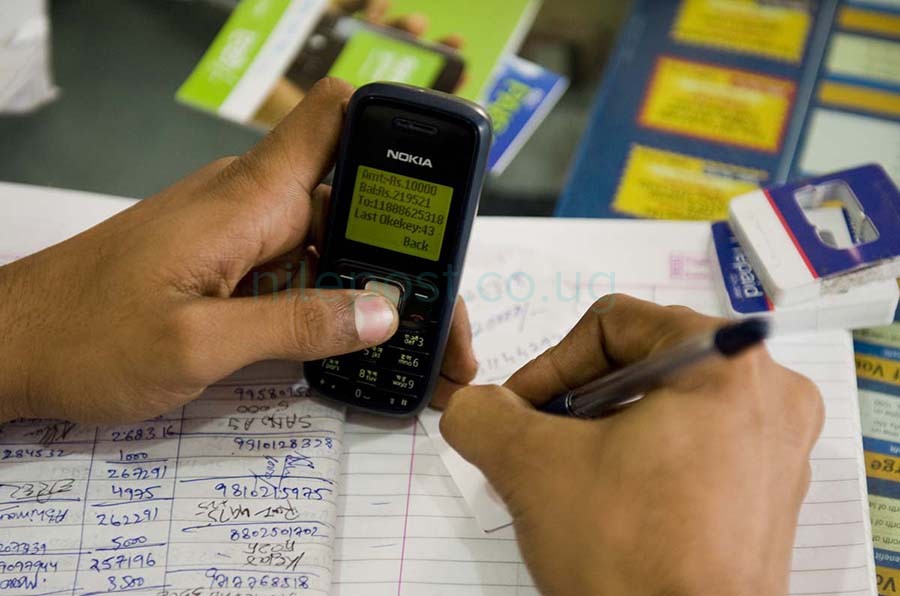
Back to the issue of the social media and mobile money tax, have we aborted conversations on financial inclusion and the need to reach the millions of unbanked Ugandans in the bid to absorb them into the economic value chain?
While we have no universal coverage of traditional media, should we not have partnered with social media as a cheap tool to scale access to vital information and sensitisation of Ugandans?
The flamboyant benchmarking exercises would have taught us about double taxation, how to keep our taxes less oppressive and how to move towards consensus when people must tweak private spending patterns for the public good.
It is unlikely that in imposing such taxes, the projected tax base will actualise if people refrain from further consumption of the affected products and that will be a loss for everybody involved.
In making mobile money the only mode of paying for OTT tax, government has made an optional service compulsory to the benefit of a few telecoms and contrary to Anti-Trust practices in a free market economy.
This would have been a pettifogging oversight if the existing electronic money actors did not have credibility challenges of their own.
I belabor to raise concerns which could easily have been canvassed by three hundred plus legislators, who if they were paying meticulous attention to the implications of the taxes, would have advised the Ministry of Finance to do more consultations or find less self-defeating interventions to reduce our public debt.
It could be the busyness of the August House with a litany of items on the Order Paper, effects of a moonlighting legislature with minimal devotion to debating and questioning bills to the decimal; some have argued that the qualifications of our MPs need revision, others have noted that party affiliations take precedence over logical discourse; we could count down fingers, toes and sticks to solve this abacus.
We hoped that the hundreds of presidential advisors would come in handy for such innocuous conversations to stop the government from passing a tax to punish its citizens for going on about their daily lives?
A commission of inquiry is unnecessary to reveal the ubiquitous bane that these taxes have caused to our society, perhaps, there was overwhelming evidence that social media and mobile money are utilised for gossip and nothing more!
How could a tax go through cabinet, parliament and presidential assent, then back to implementation without clear interpretation of its scope and context?
If we are not questioning the effectiveness of our systems, we are only reacting to symptoms of an embedded plight.
The writer is a Lawyer and Author




